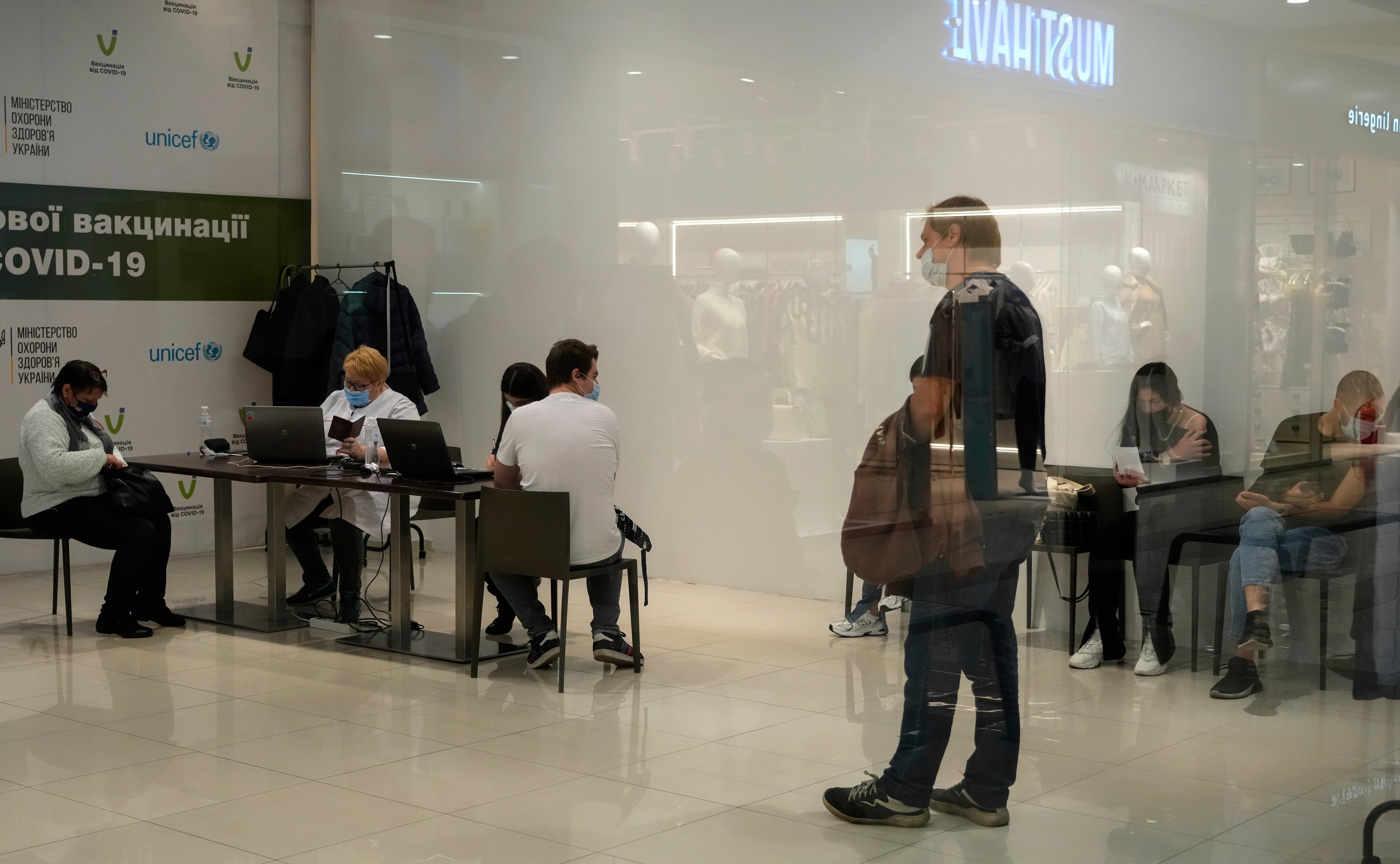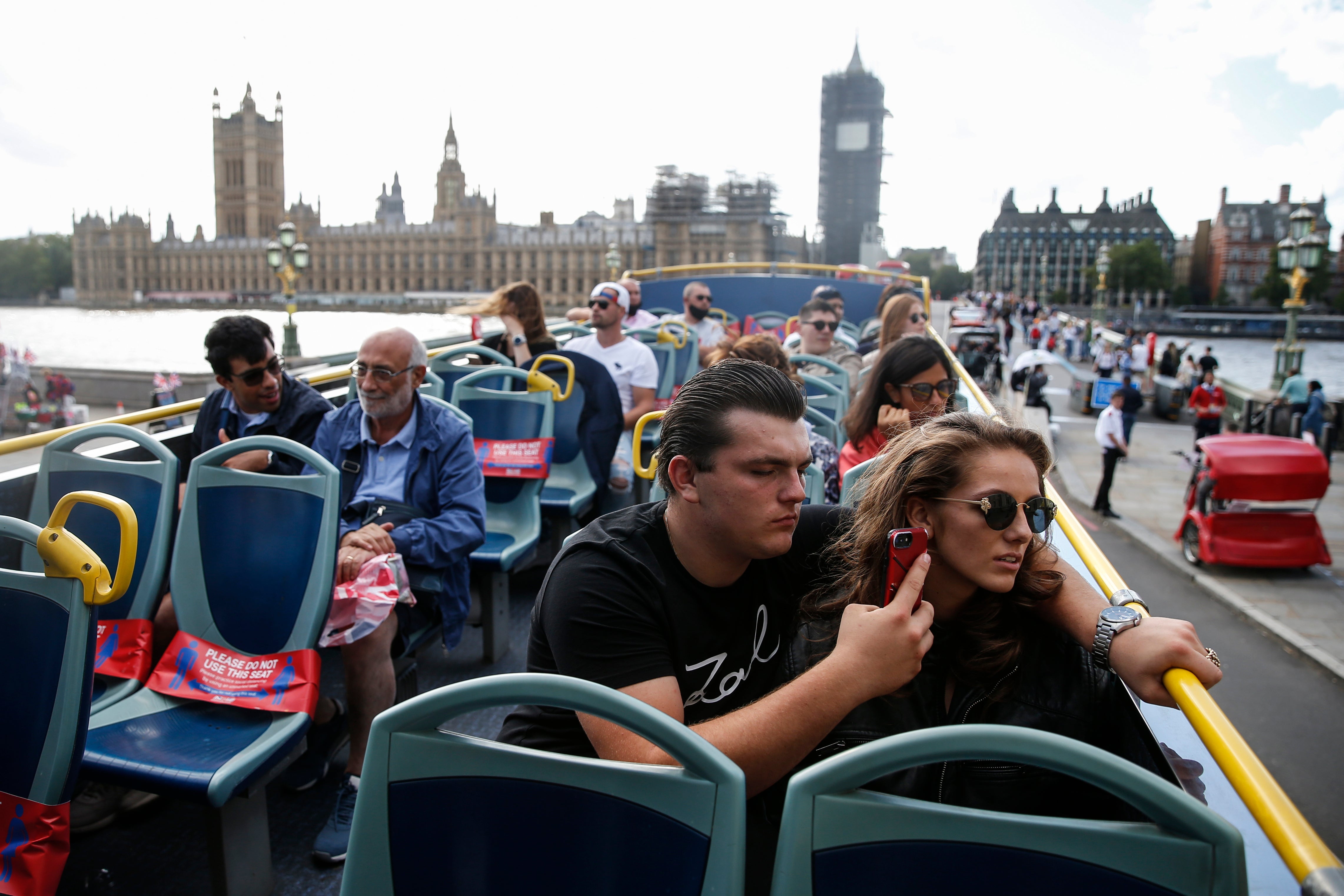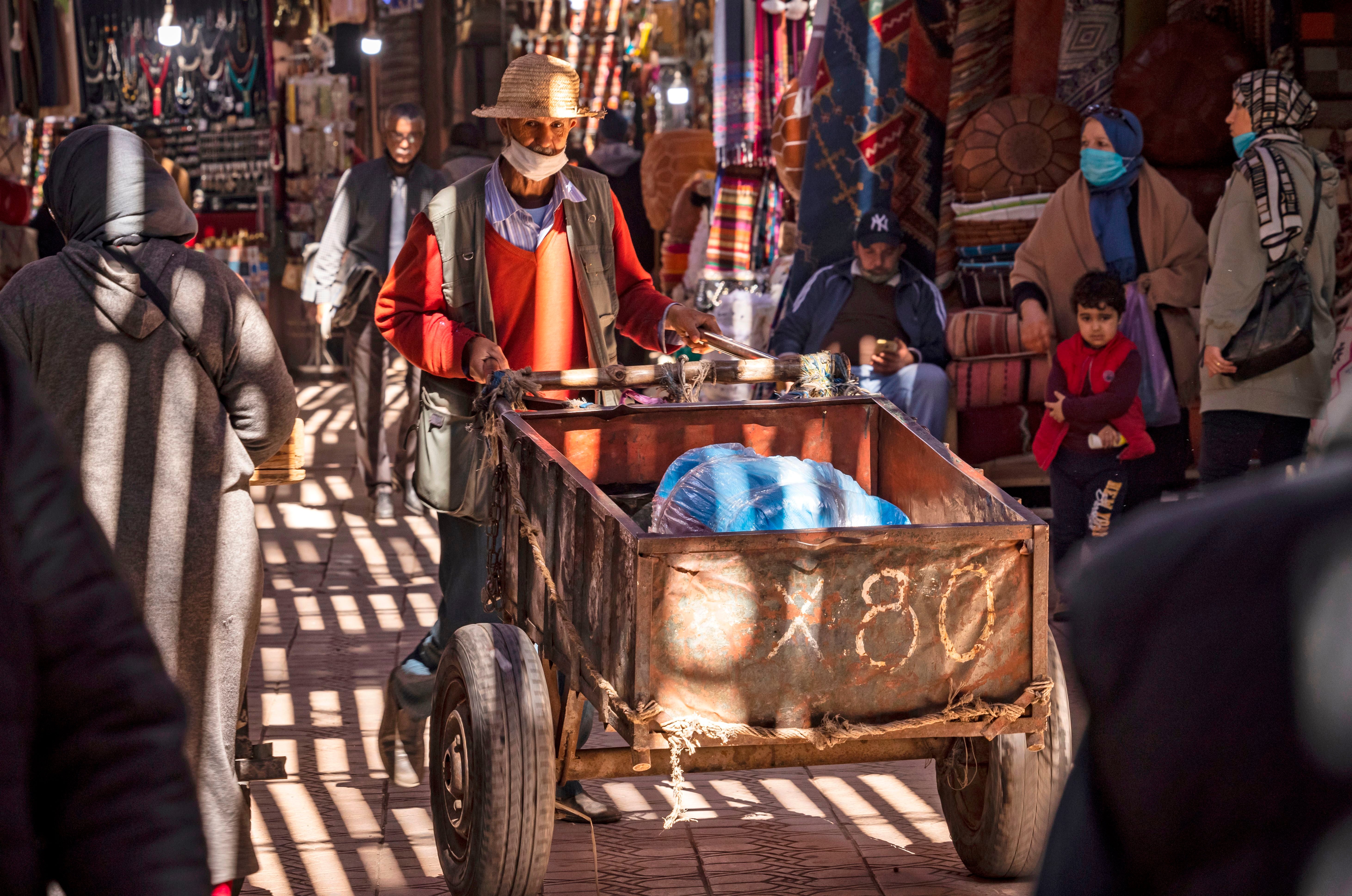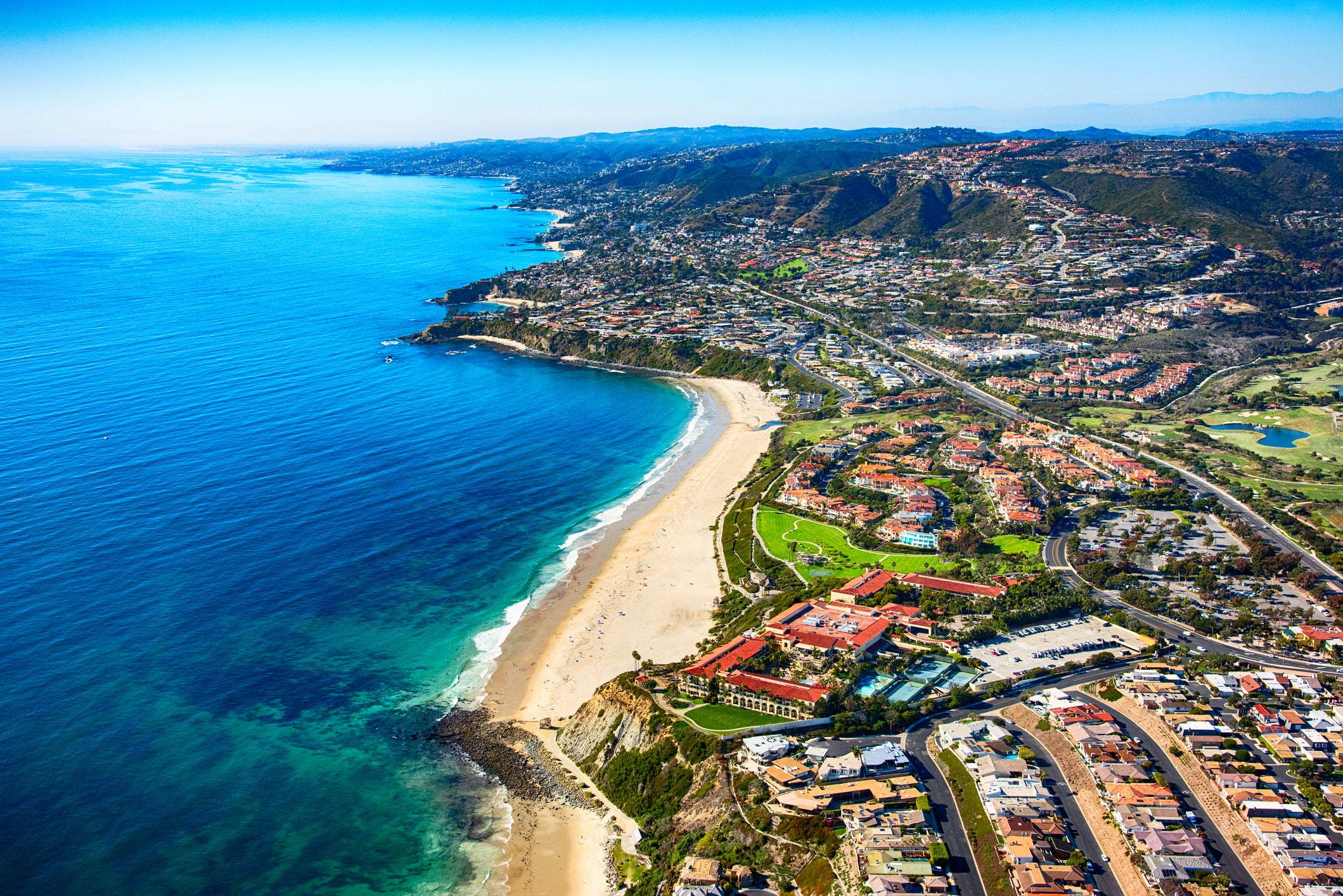Will the government extend the list for accepting foreign vaccinations?
Simon Calder answers your questions on being vaccinated abroad, London hotel prices and Morocco banning direct flights to the UK


Q Do you think that the UK in their upcoming travel update will also extend the list of countries for those people who have had vaccinations overseas? Whilst the UK government accept the vaccination type we have had, they don’t accept the country we have had it in.
“Baaac”
A British exceptionalism strikes again. One of many scandalously unfair travel-related issues of the coronavirus era is the refusal of the UK to acknowledge the vaccinations from a majority of countries in the world.
Fully jabbed visitors from more than 100 nations are told, effectively, “we don’t think your vaccinations are as good as ours”. They must then go into self-isolation for 10 days and take multiple tests, even though they almost certainly present far less of a Covid threat to the UK than the UK poses to them.
Clearly this is an absurd state of affairs. I hope the UK will soon change its tune and conform to the almost universal view that an AstraZeneca or Pfizer jab, properly administered by a health service abroad, is just as good as one in the UK.
For overseas travellers to Britain who are “pinged” by NHS Test & Trace because someone on their flight has tested positive, things are even worse: the UK flatly refuses to accept proof of vaccination instead of self-isolation for anyone not jabbed here. So while British travellers can escape the requirement to self-isolate for 10 days on proof of being jabbed, the same courtesy is not afforded to anyone jabbed anywhere abroad.
The DSHC says: “The government’s rules are that the vaccine must be administered in the UK, by a recognised NHS member of staff who has been trained and authorised to administer that vaccine.
”The reasoning behind this is that elsewhere the same vaccine may be stored or administered to different standards or protocols.”
Besides the stress, expense and inconvenience of pointless self-isolation, these measures are yet more disincentive to anyone thinking of travelling to the UK to visit family, conduct business or simply spend money as a tourist.

Q Can you comment on the rising cost of Saturday night stays in London hotels by the Premier Inn and Travelodge chains? While Sunday nights are on sale at around £50, both companies quote £100 or more for just a one-night stay on Saturdays. Please explain why – despite offering good rates earlier in the pandemic – tariffs have gone up?
Wilf R
A To see how the London hotel pricing landscape lies, I have checked this weekend’s prices at a couple of well-located budget hotels in Waterloo – south of the Thames but an easy walk from Covent Garden and the West End of London.
The London Central Southwark Travelodge is £173 for Saturday and £53 for Sunday. The Premier Inn in York Road, a few minutes from Waterloo station and Westminster Bridge, is currently £157 for Saturday and just £80 for Sunday.
How can they justify charging two or three times as much for the same product just because you want to stay on a Saturday night or a Sunday night? Very easily, because what you pay depends entirely on the amount other prospective guests are prepared to pay.
As with so many aspects of travel, Premier Inn and Travelodge practice “yield management”: the dark art of filling as many rooms as possible at the highest rates they can extract. Saturdays have traditionally performed reasonably well from the hotels’ point of view, but post-lockdown demand is now extremely strong from British visitors to London. Unlike foreign tourists who typically check in for a few nights, UK guests tend not to want to stay on Sunday night. Lower demand delivers cheaper rooms.
Interestingly, I have also observed something of a midweek bulge – presumably from people working in the capital for two or three days a week but living outside London.
I cannot fault the morality of what the hoteliers are doing: they have a scarce resource and are using pricing to allocate it. They are now also seeking to recover from the heavy losses during lockdown, when demand and prices collapsed.
The prospective guest who is horrified by these rates, meanwhile, can simply move further from the centre to find an acceptable deal. Just seven minutes’ walk from the chosen Travelodge, for example, a sister hotel wants only £107. And Premier Inn’s Croydon property, just 15 minutes by train from central London, costs £85 on Saturday and £53 on Sunday.

Q You reported about the sudden decision by Morocco to ban direct flights from the UK. Are other countries likely to follow suit?
Steve R
A The sudden suspension by Morocco of direct flights from the UK (as well as Germany and the Netherlands) yesterday afternoon took everyone by surprise. Only 10 days earlier, the director of the Moroccan National Tourist Office in the UK was saying: “We are looking forward to welcoming travellers.” But the government in Rabat was evidently alarmed by the soaring coronavirus infection rates in the UK – the highest for months – and decided it would be in Morocco’s best interests to ban flights. In response, easyJet cancelled all its departures until December at the earliest.
The move, just three days before many schools in England and Wales break up for half term, has wrecked the plans of thousands of British travellers. And it has alarmed many more, who are concerned that other countries may follow suit.
I predict we will not see immediate changes to our most popular holiday locations. British tourism generates plenty of revenue – and therefore jobs – for many nations. Making sudden changes so close to the last peak week before Christmas would damage the fortunes of many already hard-pressed tourism businesses.
Most countries have a strict “JOT” policy – “Jabs or Test”, requiring proof of full vaccination or a negative test taken shortly before arrival. Some demand both, and until half-term ends on 31 October that is likely to prevail. Perhaps from November some bans could come in, with countries saying, roughly, “we aren’t expecting much tourism anyway from the UK – let’s keep them out for a month or so until things stabilise”.
Which could they be? I have checked the Covid infection figures for Monday 18 October across the UK and 10 leading destinations. While the UK is way ahead of all of them, Bulgaria, Croatia and Ireland are at least in the same ball-park, with rates between 55 and 63 per cent of British levels.
Greece and Cyprus are some way behind at 38 and 25 per cent of UK infection rates respectively. Other popular destinations have far lower numbers. France is 11 per cent of British rates; Portugal 10 per cent; Italy 7 per cent; Spain, our favourite holiday nation, 5 per cent; and Malta just 4 per cent.
Malta has been fairly active in its restrictions on British travellers; if bans take effect, the Mediterranean island might well be among them. But I imagine the government in Valletta and in all the other European capitals will be looking with concern but not yet alarm at UK numbers, and hoping they subside by Christmas.

Q We have cancelled our planned summer trip to California in both 2020 and 2021. We have now rearranged for 2022. However, we are worried that the US may be one of the countries that will view vaccines given long ago as expired.
My husband and I should be fine as we will be due boosters at the end of this year, but my 16-year-old had his second jab in early August so it will be a year (plus a few days) since that jab when we go to the US.
Do you think the US will allow a PCR test as an alternative? And what about access to theme parks that require vaccination proof?
Josie 1970
A To everyone’s huge relief, the US is due to open up to fully vaccinated British travellers – and visitors from the rest of Europe – on 8 November. Details of what will be required of us just 19 days ahead is still frustratingly sketchy. My presumption is that we will face the current rules as they apply to the very large number of nations from which travel to the US is possible.
Under-18s are welcome with vaccinated adults, though they require a Covid test within three calendar days of arriving in America. Lateral flow will do – a slow and expensive PCR is unnecessary. Adults will need that test, too, as well as evidence of vaccination. Evidence of recovery from Covid in the past three months is an alternative.
Predicting less than three weeks ahead is tricky – and what the rules might be for travel to the US 10 months from now is anybody’s guess. Given that the tourism industry in California and elsewhere will be desperate to welcome Brits back, I’m sure there will be a fairly low bar on requirements.
By summer 2022, of course, we will also know more about the efficacy and longevity of vaccines. Increasingly, tourist attractions in the US are dropping their stipulations about proof of vaccination. But right now the future is another country...
Email your questions to s@hols.tv or tweet @Simon Calder
Join our commenting forum
Join thought-provoking conversations, follow other Independent readers and see their replies
Comments
Bookmark popover
Removed from bookmarks